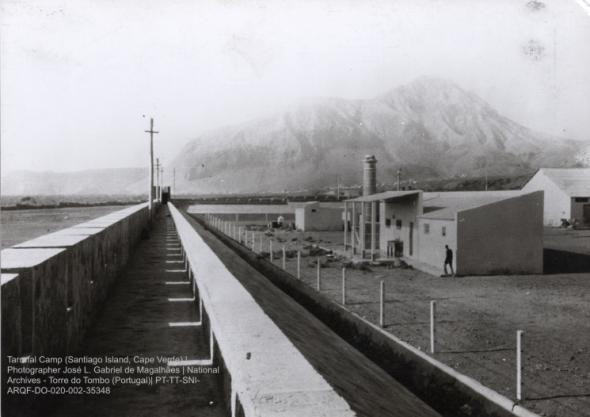The conference “CIRCULATIONS - The (un)making of Southern Africa beyond and across borders”, between 3 and 4 November 2016, in Johannesburg, invites scholars from a variety of disciplinary backgrounds (history, sociology, anthropology, area studies, cultural studies, art history, etc.) to rethink the region’s past and present in its multiple transnational intricacies and complex maps of connectivity, beyond and across borders. We encourage interested scholars to send paper proposals for 20 minutes presentations in any of the following indicative, but not exhaustive, areas:
 – Borderlines: the making and unmaking of borders in Southern Africa.
– Borderlines: the making and unmaking of borders in Southern Africa.
– Of Settlements and Diaspora: rethinking migration and settler colonialism.
– Dangerous liaisons: security and circulation under colonialism and apartheid.
– Migrating power: networks and movement during liberation struggles.
– Pathways of circulation: social histories of infrastructure (roads, railways, etc).
– Bodies on the move: histories of legal and illegal migration, for labor and leisure.
– Intersections: the politics of race, gender and class in transnational movements.
– Knowledge unbound: scientific cooperation and circulation of scholars and ideas.
– Celebrating togetherness: the politics of cultural diplomacy and official visits.
– Moving objects: consumption, material cultures and the social worlds they make.
– Moving words: circulation of newspapers, correspondence, books, etc.
– Moving images: photography, film, art, and visual culture across borders.
– Moving sounds: the making and circulation of music beyond borders.
– Entangled representations: circulation of writers, artists, filmmakers, etc.
Potential contributors should submit a short abstract (no more than 200 words) and a career description (one paragraph, no more than 15 lines) no later than May 31, 2016. Notification of acceptance will be sent out on June 15, 2016. Draft papers are expected on October 1, 2016, and will be pre-circulated amongst participants. We intend to publish a collection of essays in an edited volume or journal issue.
Abstracts should be sent to both the organizers:
Caio Simões de Araújo (caio.simoes@graduateinstitute.ch)
Ana Balona de Oliveira (ana.balona.oliveira@gmail.com)
For more information, click here.

 – Borderlines: the making and unmaking of borders in Southern Africa.
– Borderlines: the making and unmaking of borders in Southern Africa.